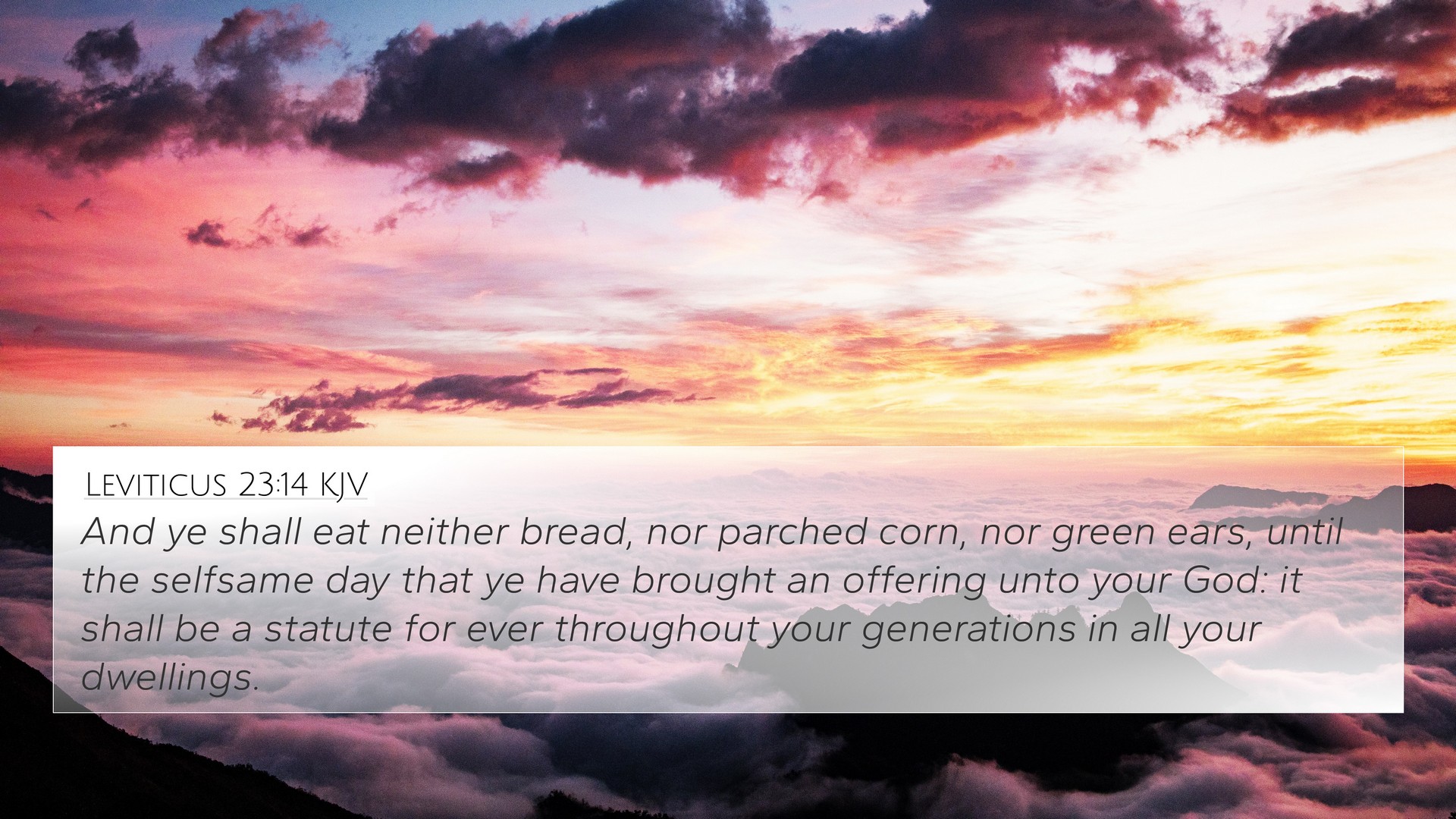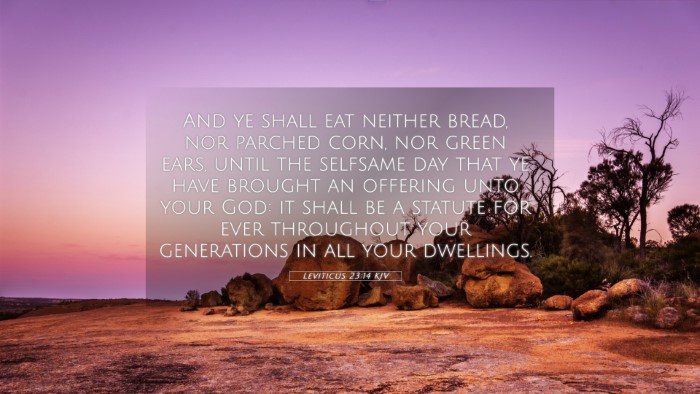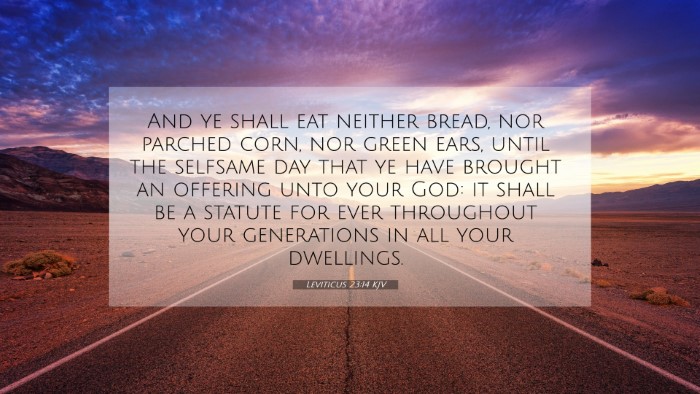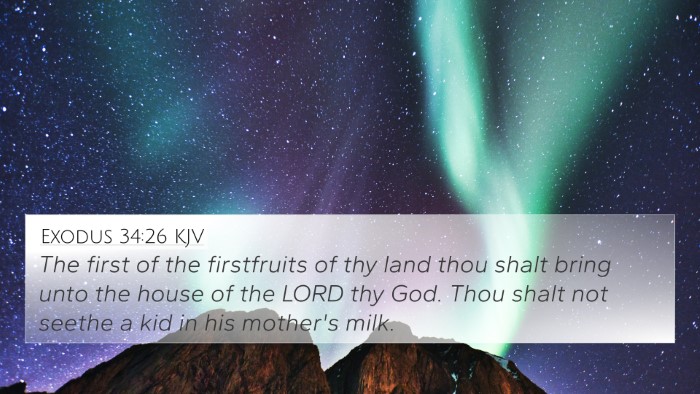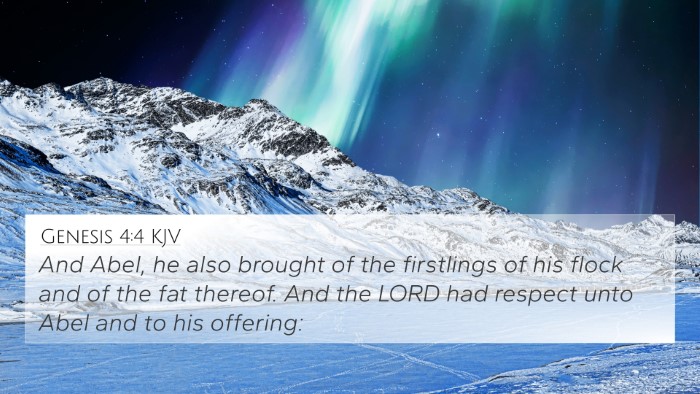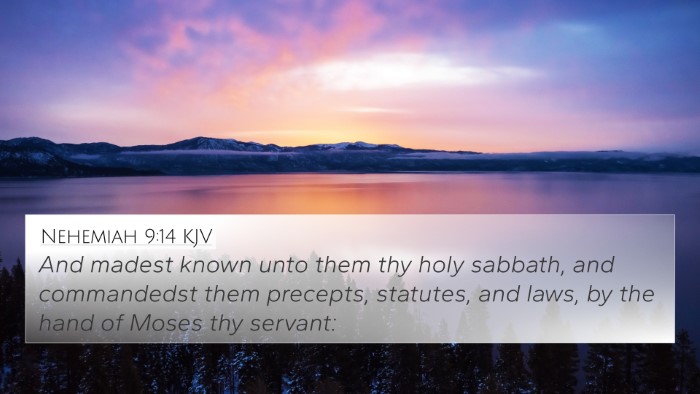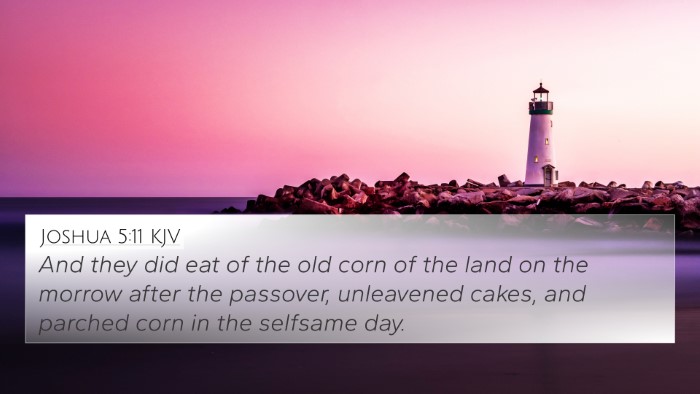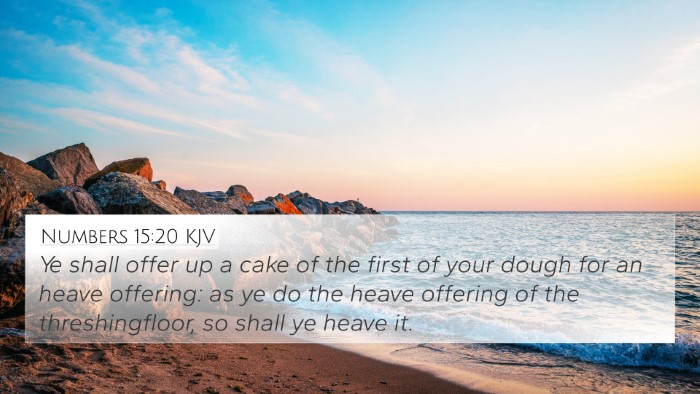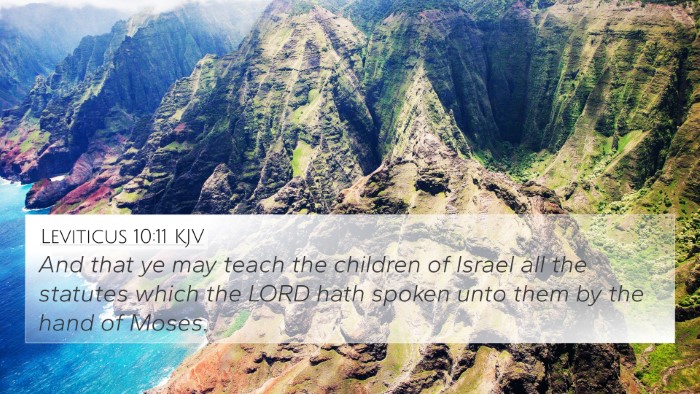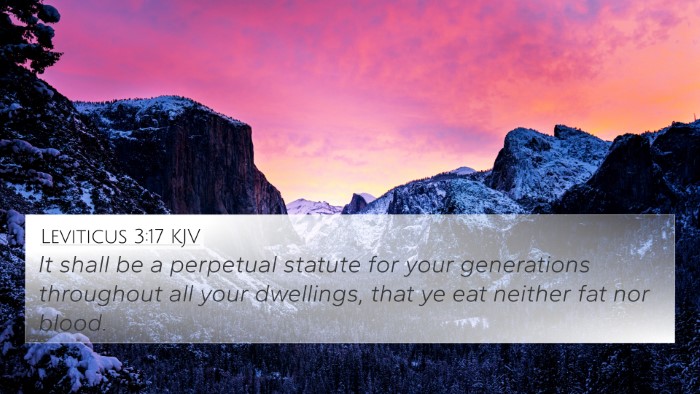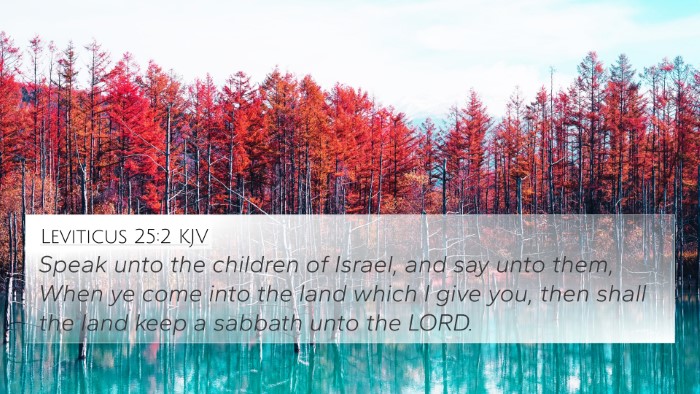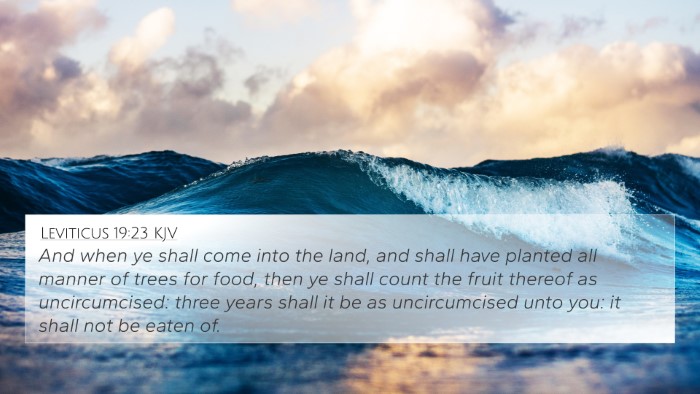Understanding Leviticus 23:14
Leviticus 23:14 states: "And you shall eat neither bread, nor parched grain, nor fresh grain until this same day, until you have brought the offering of your God. It is a statute forever throughout your generations in all your dwellings."
This verse is part of the Mosaic Law, specifically focusing on the regulations surrounding the Feast of Weeks (Shavuot), also known as Pentecost. This feast occurs 50 days after the Passover and is significant in both Jewish and Christian traditions. Below is a summarized understanding of this verse, including insights from public domain commentaries.
Summary of Commentary Insights
Matthew Henry's Commentary
Henry emphasizes the importance of setting apart certain times for worship. The prohibition against consuming bread or grain before the offering illustrates the sanctity of God's requirements. It serves as a caution against neglecting divine order in our spiritual lives. The offering's timing is central to acknowledging God’s provision and sovereignty.
Albert Barnes' Notes
Barnes notes that this instruction was designed to remind Israel that they were to acknowledge God's blessings first before enjoying the fruits of their labor. By waiting until the offering is presented, the people are expressing their priorities in recognizing God's provision. The concept of a perpetual statute emphasizes the ongoing need to prioritize God in all that we consume and enjoy.
Adam Clarke's Commentary
Clarke highlights the historical and spiritual significance of this command. The offering was not only a sign of gratitude but also represented a commitment to God’s covenant. The restriction on consuming produce before offering it speaks to the relationship between divine grace and human response. It fosters an environment of worship and reverence, essential for faith development.
Bible Cross-References
Leviticus 23:14 connects with several other scriptures, creating a deeper understanding of its significance. Here are some relevant cross-references:
- Exodus 23:16 - Emphasizes the celebration of the Feast of Harvest when the first fruits of the ground were brought to God.
- Deuteronomy 16:10 - Builds on the Feast of Weeks, pointing towards the need to celebrate with joy before the Lord.
- Leviticus 2:14 - Discusses the offerings from the first grains, illustrating their significance in the worship process.
- Numbers 28:26 - Details the required offerings during Shavuot, highlighting its importance and the associated regulations.
- John 6:35 - Jesus refers to Himself as the Bread of Life, symbolically linking to the themes of sustenance in Leviticus.
- 1 Corinthians 5:7 - Speaks of Christ as our Passover lamb, which connects the themes of sacrifice and offerings throughout the Bible.
- Hebrews 10:26 - Reminds us of sacrifices and how we relate to them through Christ, reinforcing the theme of offerings in Leviticus.
- Matthew 5:23-24 - Highlights reconciliation before offerings, linking community and worship, similar to themes in Leviticus.
- Psalm 126:5-6 - Has a thematic celebration of harvest, reflecting the joy connected to God’s provision.
- James 1:17 - Highlights that every good gift comes from God, reaffirming the principle found in the Levitical laws of thanksgiving.
Thematic Connections
These cross-references illustrate various connections between the Old and New Testament teachings. They show how the principles established in Leviticus find their fulfillment and expansion in later scriptures, creating a rich inter-Biblical dialogue. Understanding these connections can significantly enhance one's Bible cross-reference study.
Importance of Cross-Referencing
Utilizing tools like a bible concordance or a comprehensive bible cross-reference guide can help in discovering the intricate links between verses. This enhances our understanding and interpretation of scripture, allowing deeper insights into God's word. These cross-references can also aid in sermon preparation, personal study, and collective teaching environments.
Conclusion
In summary, Leviticus 23:14 not only serves as a guideline for ancient Israel's worship practices but also offers timeless lessons on prioritizing God in daily life. The various commentaries and cross-references enrich our understanding and facilitate a deeper appreciation of the interconnected nature of the Scriptures.
